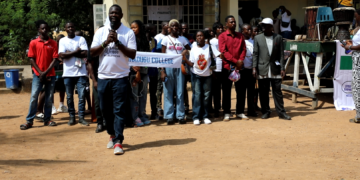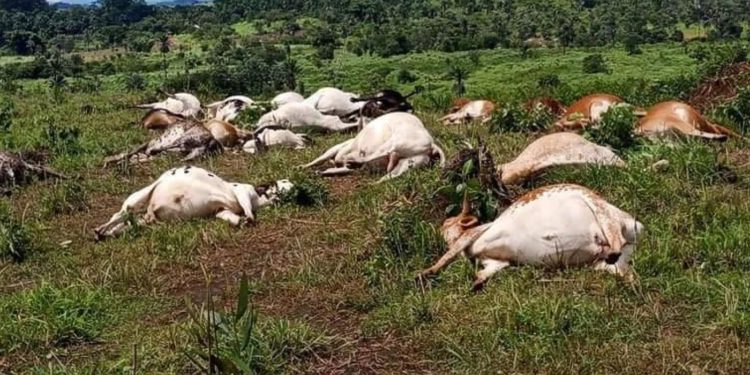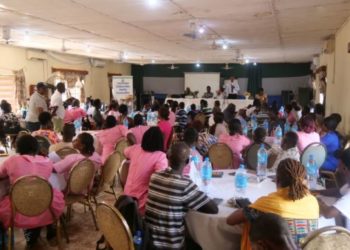By Kemo Cham
The Sierra Leone government has deployed a team of specialists in the country’s northern region, where a mysterious skin infection among the population has sparked fears of a possible anthrax outbreak.
Some 28 people are reported to have developed skin lesions, according to as a statement from the National Public Health Agency (NPHA), noting that those affected are all schooling pupils between the ages of 15 and 17.
The incidents is reported to have occurred in several communities in the Safroko Limba Chiefdom, locted about an hour’s drive from the district capital of Makeni. It happened on the backdrop of the reported deaths of several livestock in the affected communities, prompting concerns of the possible involvement of anthrax, a highly contagious bacterial disease that affects animals and which can spread to humans.
But health authorities say investigation is ongoing to ascertain the cause of the infections.
“A rapid response team – comprising epidemiologists, infection prevention and control experts and laboratory scientists from both district and national levels – has already been deployed to the community,” Prof. Foday Sahr, Executive Director of the NPHA, said in a statement issued on Tuesday, November 18.
The statement said the agency, in collaboration with the Ministry of Health, will seek to determine through their investigation the cause of the symptoms, identify suspected cases and trace close contacts, implement infection prevention control measures and collect samples for urgent laboratory testing.
The Agency called on the public to be calm, support the investigations, avoid self-medication and to report unusual skin conditions.
“While laboratory results are pending, there is no cause for alarm,” it assured.
Sierra Leone has recorded a few outbreaks of anthrax in the past, with the most recent significant outbreak being in May 2022, when dozens of livestock died after being infected with the bacterial disease in Port Loko District, also in the north of the country. Less than a week after that incident, three people tested positive for the bacterial infection in neighbouring Karene District, marking the first human case of the disease in the country.
A spore forming bacteria, Anthrax can survive in the environment for decades because of its ability to resist heat, cold and drying, among other adverse conditions. Humans can get infected by anthrax through handling of contaminated animal or animal products, or consumption of undercooked meat of infected animals.
With collaboration with development partners, the government in 2023 conducted a mass vaccination campaign targeting five northern districts – Falaba, Koinadugu, Port Loko, Karene, and Kambia – thought to be prone to anthrax outbreaks.






















